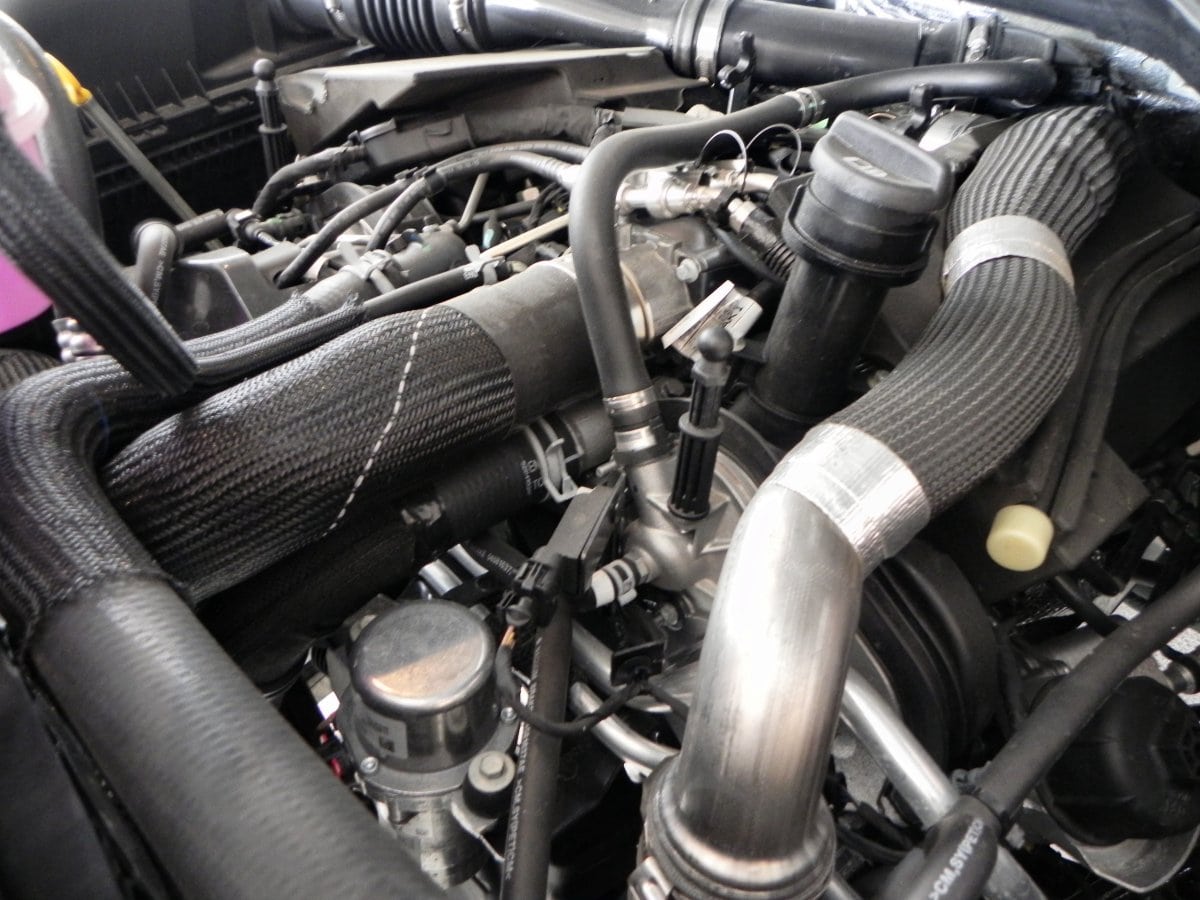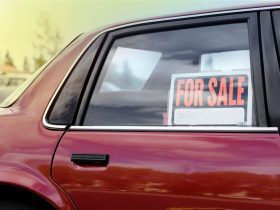Leasing a car sounds fairly easy and straightforward: you get to drive a car of your choice for a certain period of time, at an agreed price, without troubling yourself with big monthly payments, maintenance, and all other responsibility that come with owning a vehicle. Considering the advantages, it’s no wonder so many people choose to lease their cars instead of purchasing them.
But despite the benefits leasing provides, there’s more to it than meets the eye. If you’re looking to lease a car, there are certain aspects to keep an eye on if you want to make sure you’re making the right choice, as explained in this short guide.
Car make and model
The first question you have to ask yourself is what type of car you need. You can’t find a suitable vehicle to lease if you don’t know what you’re looking for in the first place. With so many options available, your hunt for the ideal car can easily get overwhelming. Thinking about your lifestyle, driving habits and everyday needs can help narrow down your options and thus make the process a bit smoother.
Residual value
The residual value is an important factor to take into account when leasing a car. It refers to the car’s value at the end of the lease contract. Since you’ll be paying for the difference between the car’s initial price and its residual value, it’s obvious that a higher residual value translates into a lower lease payment. Make sure you get an estimation of the residual value of the cars you’re interested in before sealing the deal.
The reliability of the leasing company
For a lot of people, leasing a car is like walking on unknown terrain. If you’re not familiar with the terminology used in this field, you can easily make mistakes that can cost you lots of money in the end. That stresses the importance of proper documentation prior to signing a lease contract and choosing a reliable leasing company that is upfront with their clients and won’t try to take advantage of them.
The mileage on your lease contract
Most lease contracts include a mileage limit that when exceeded leads to extra charges. These limits will not affect you if you don’t drive a lot, but if your car represents your main means of transportation and you’re always on the road, this is an aspect you should not ignore. It’s therefore important to know how much you’ll be driving on average in order to avoid unpleasant surprises later on.
Upfront payment
Low monthly lease payments can be extremely tempting, but keep in mind they may hide high upfront costs. You have nothing to worry about if you have a huge budget, but if you’re like most people and you’re looking for the most affordable option to get a car, don’t forget to ask about upfront payments whenever you come across a too-good-to-be-true deal. You might also want to inquire about lease specials, as many companies offer discounts on their cars to increase sales.







